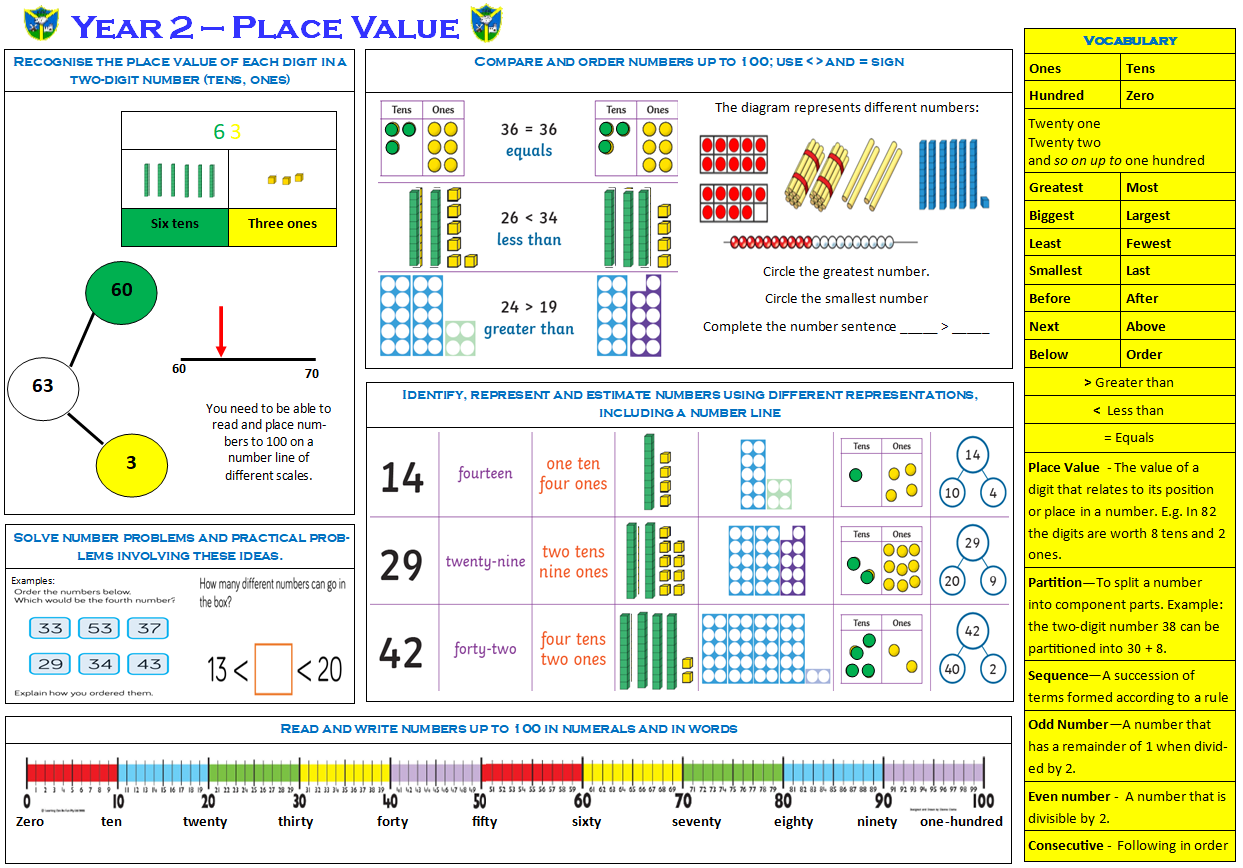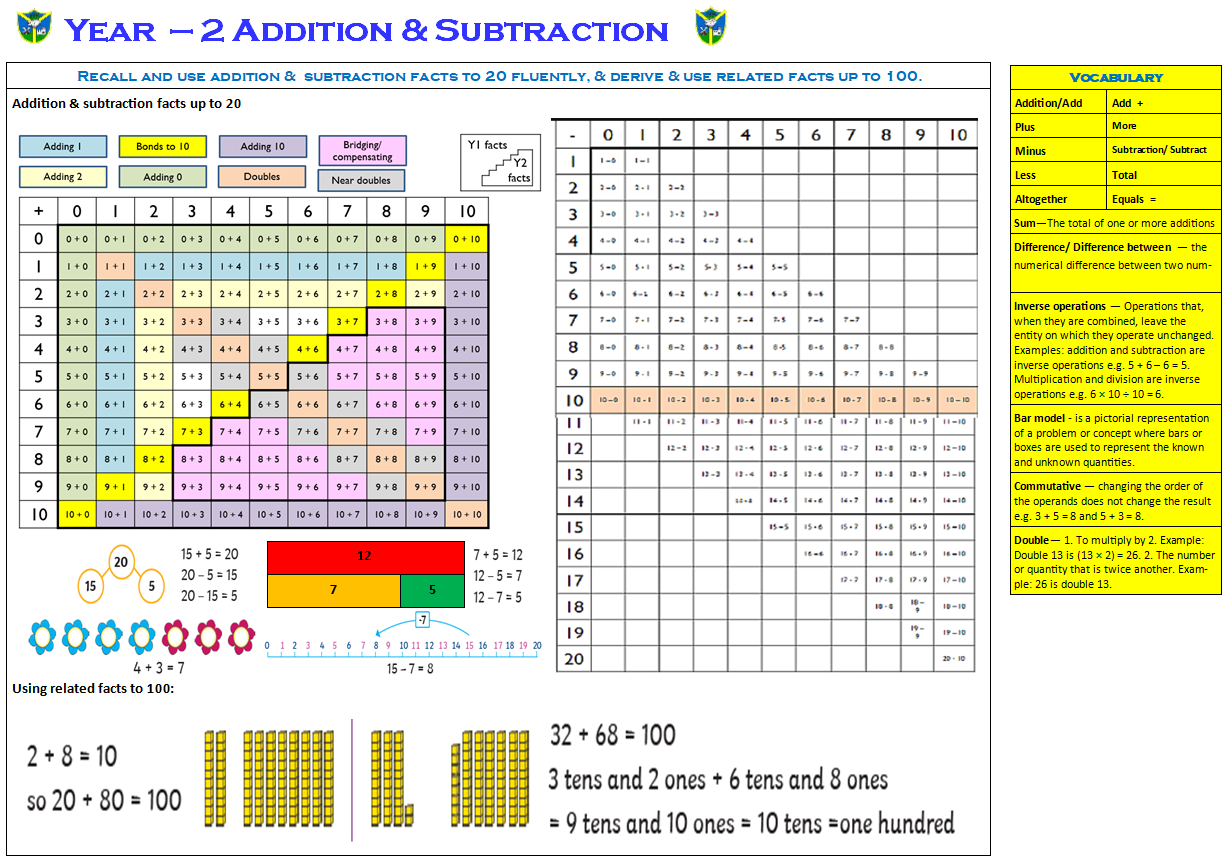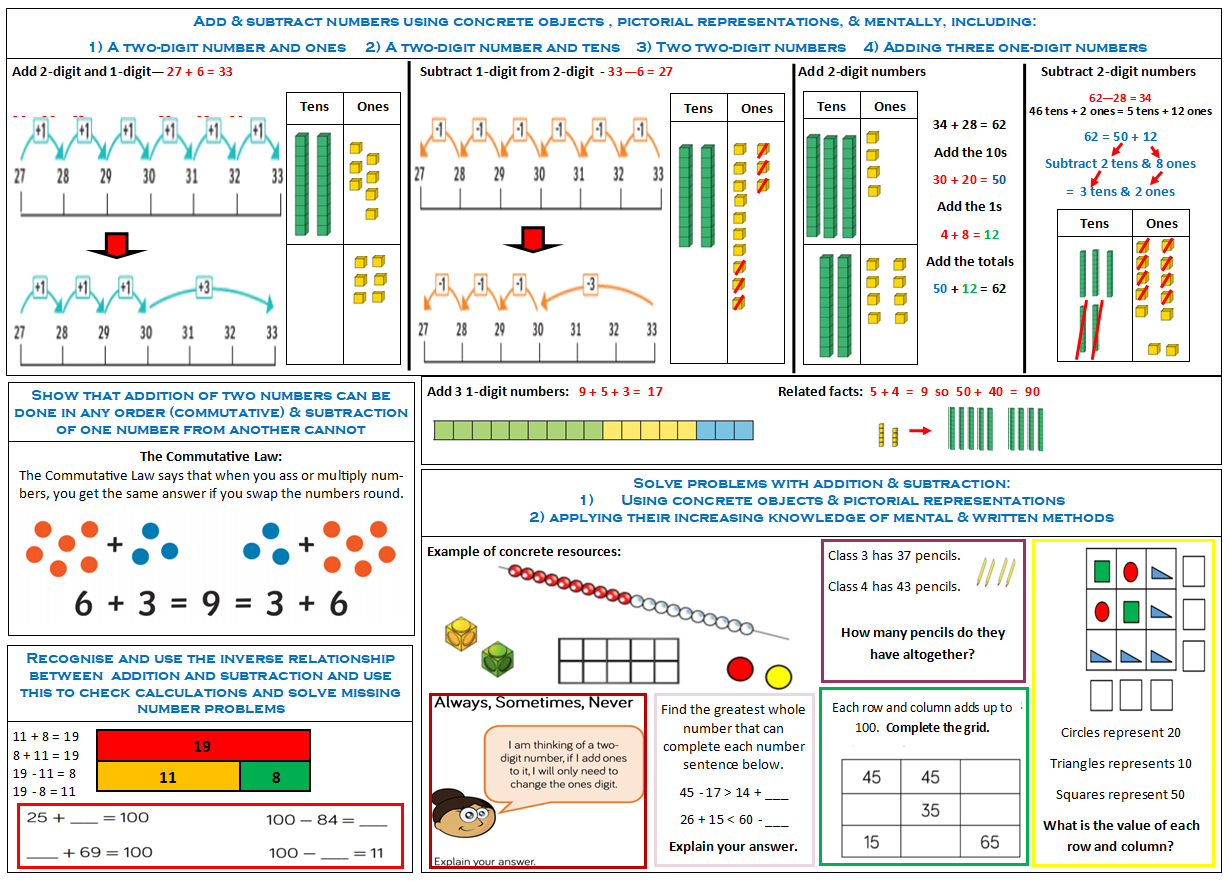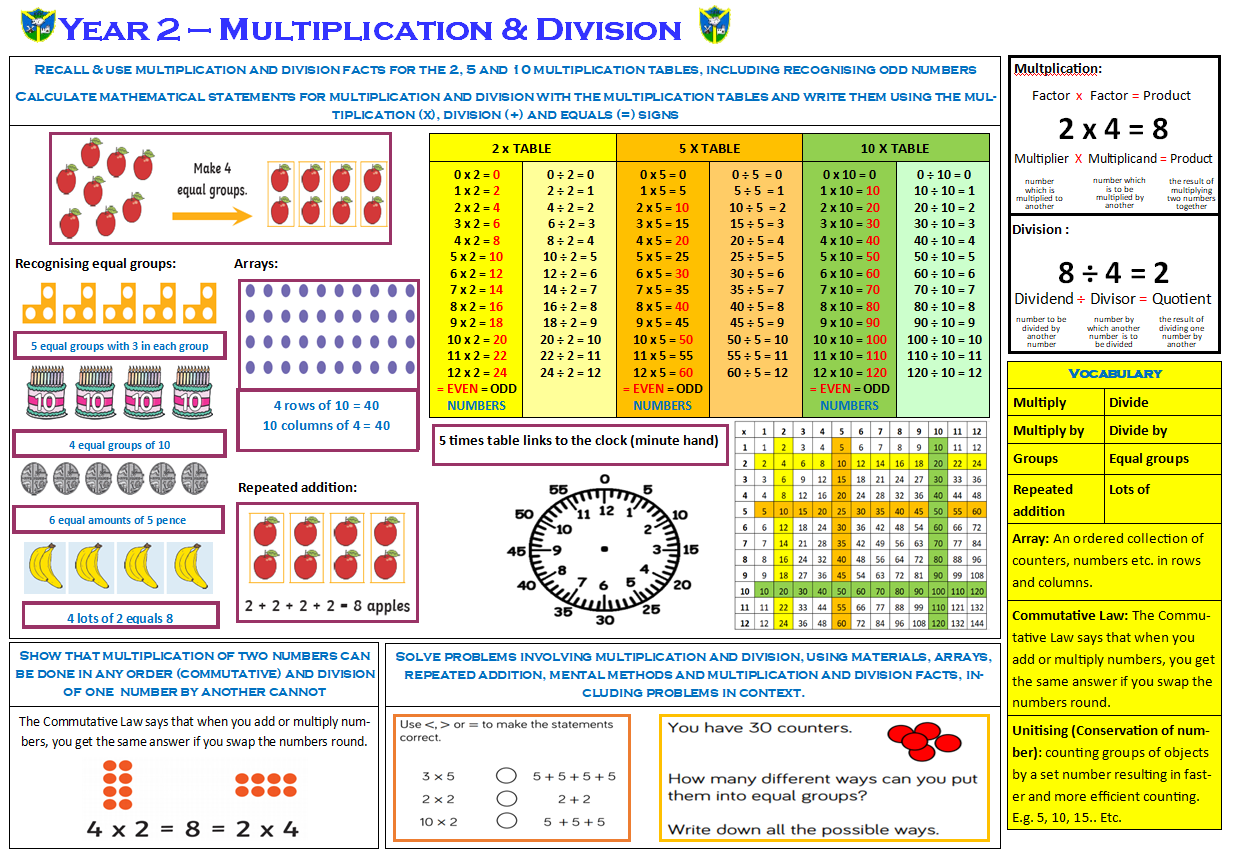Mathematics
To be well prepared for their future lives, our pupils need to have mathematical competence, which includes knowing not only how to carry out basic mathematical procedures but also which procedures to choose, when to choose them, and for what purpose.
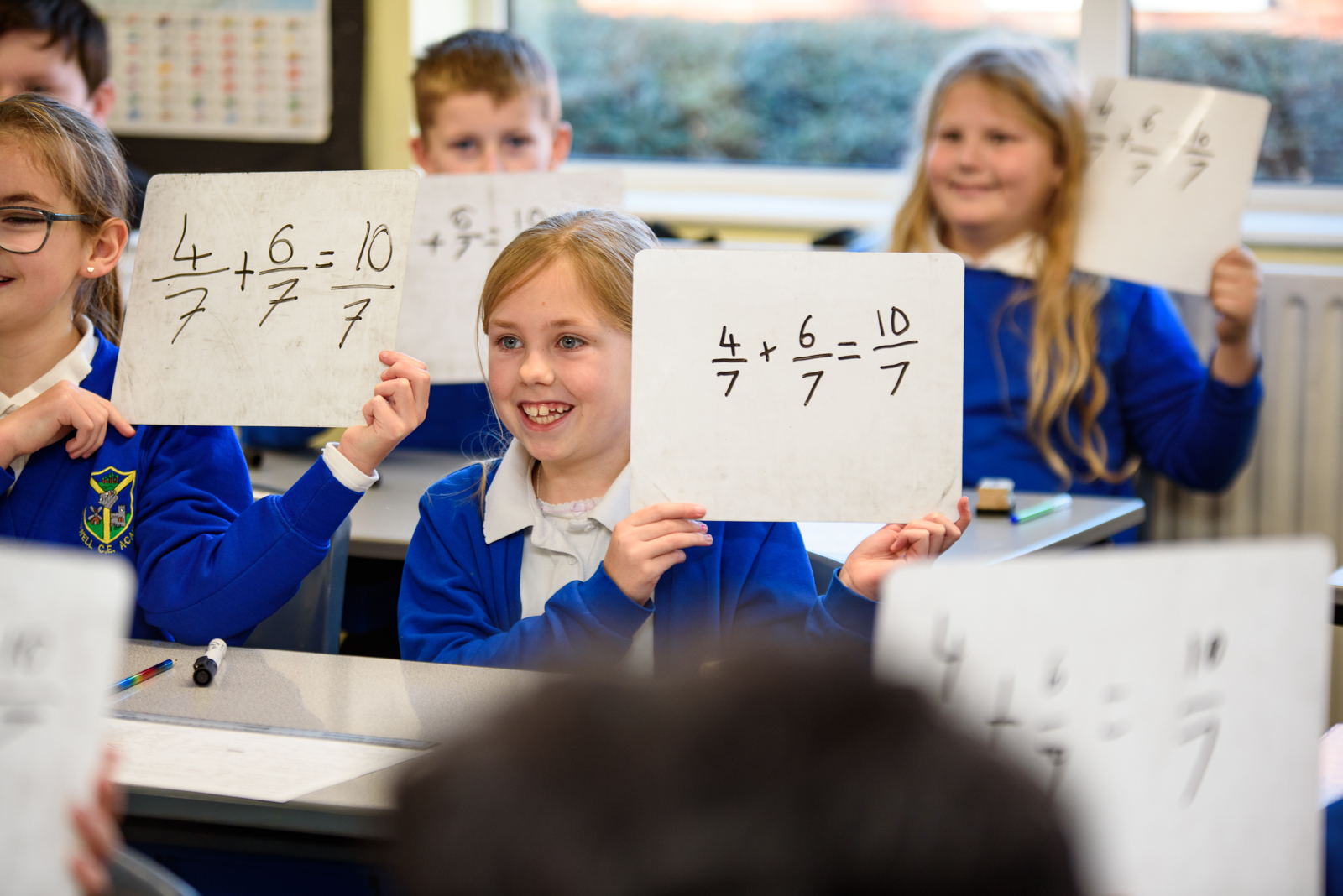
Mathematics is a creative and highly inter-connected subject. It is essential to everyday life, for example it is critical to science, technology and engineering, and necessary for financial literacy and most forms of employment. Being successful in our fast-paced, economically competitive society will increasingly require innovation and creativity. Such success most often depends on hard work and a high-quality mathematics curriculum that builds on a firm foundation of usable knowledge.
Our Mathematical Vision:
The children will be mastering a carefully crafted cohesive curriculum that is accessed by all. We want confident children with high aspirations: communicating, problem solving, reasoning, that make connections using fluency. Mathematics will be taught in an atmosphere where depth is explored and mistakes are celebrated – we believe there is no such thing as a “maths brain!”
Our Substantive Concepts
Our mathematics substantive concepts are taken from the National Curriculum (2014):
Fluency Reasoning Problem-Solving
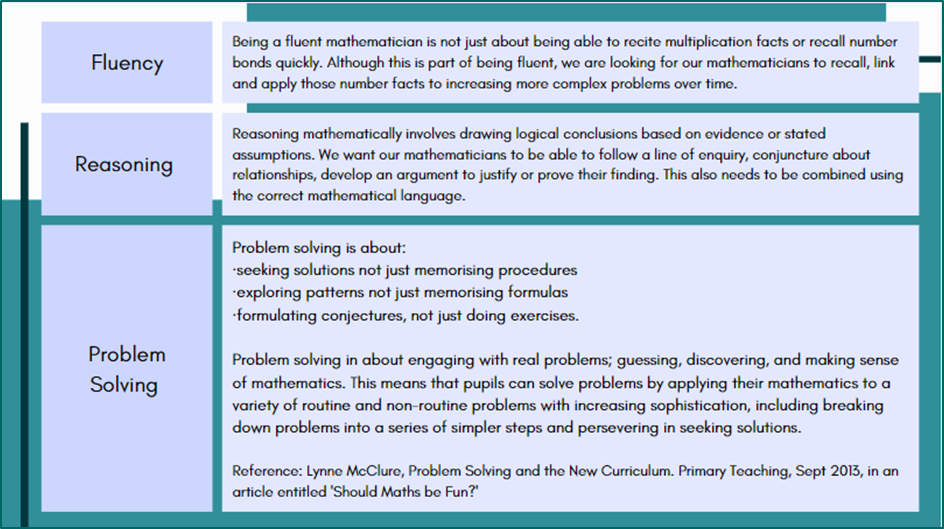
Teaching for Mastery
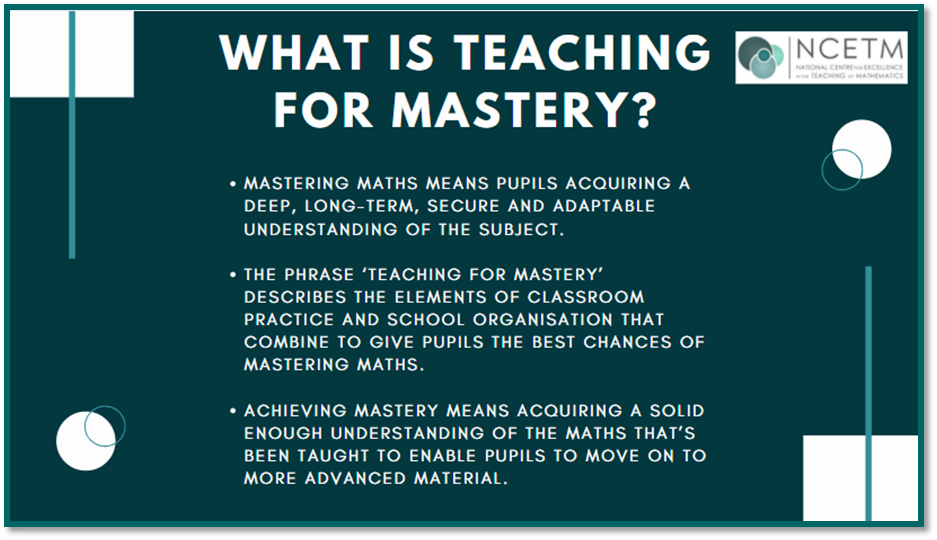
At Barwell Academy we follow the principles of a ‘teaching for mastery’ approach. By following this pedagogy, we believe that given the right circumstances all pupils can and will achieve in mathematics. For this to occur our teaching provides opportunities for all pupils to develop the depth and rigour they need to make secure and sustained progress overtime, regardless of whether they are disadvantaged or have a SEND difficulty. At Barwell Academy we proactively promote a ‘can do’ attitude to mathematics for all pupils through a set of ‘positive norms’ including the use of ‘yet’, depth of understanding before speed and learning by mistakes being valued.
Our Curriculum
To help us formulate a cohesive curriculum our school predominately uses a mixture of Maths No Problem and White Rose; together these curriculums provide an interconnected long-term plan. By using these high-quality planning schemes and materials teachers are able to focus on the teaching and learning which thus allowing mathematical connections to be built upon without causing cognitive overload.
Our mathematics curriculum is divided up into cohesive year group journeys. Lessons are broken up into ‘manageable’ learning episodes and then into individual lessons. Lesson are presented in small steps usually focusing on one key concept - the lesson objective will be the concept.
The structure of our Maths lessons is deliberately designed to encourage pupils to describe, explain, justify, convince and/or prove. All pupils have many opportunities within a learning episode – in a lesson, within a unit – to reason and solve problems by applying their mathematical understanding to a variety of problems with increasing sophistication, including in unfamiliar contexts and to model real-life scenarios (Variation Theory).
Lessons integrate:
- Representation - Representations used in lessons expose the mathematical structure being taught, the aim being that students can do the maths without recourse to the representation.
- CPA - concrete and pictorial representation are chosen carefully to help build procedural and conceptual knowledge together.
- Intelligent Practice - examples and tasks focus on developing conceptual understanding, practise the thinking process with increasing creativity and avoid mechanical repetition.
- Variation - Varitation is twofold. It is firstly about how the teacher represents the concept being taught, often in more than one way, to draw attention to critical aspects, and to develop deep and holistic understanding. It is also about the sequencing of the episodes, activities and exercises used within a lesson and follow up practice, paying attention to what is kept the same and what changes, to connect the mathematics and draw attention to mathematical relationships and structure.
- Challenge is provided by going deeper rather than accelerating too early into new mathematical content. This may be in the form of verbal questioning and ‘dong nao jin’ questions.
- Fluency – standalone fluency interventions that provide quick and efficient recall of facts and procedures and the flexibility to move between different contexts and representations of mathematics.
Our curriculum has also been adapted for online learning so if a pupil are absent from school due to events like the pandemic then work can be sent home electronically the next day thus allowing pupils to not fall behind.
Specific Year Group Content
Please note because we follow a mastery pedagogy that the exact timetable is a rough guide as to when each unit of work will be taught.
Year 3
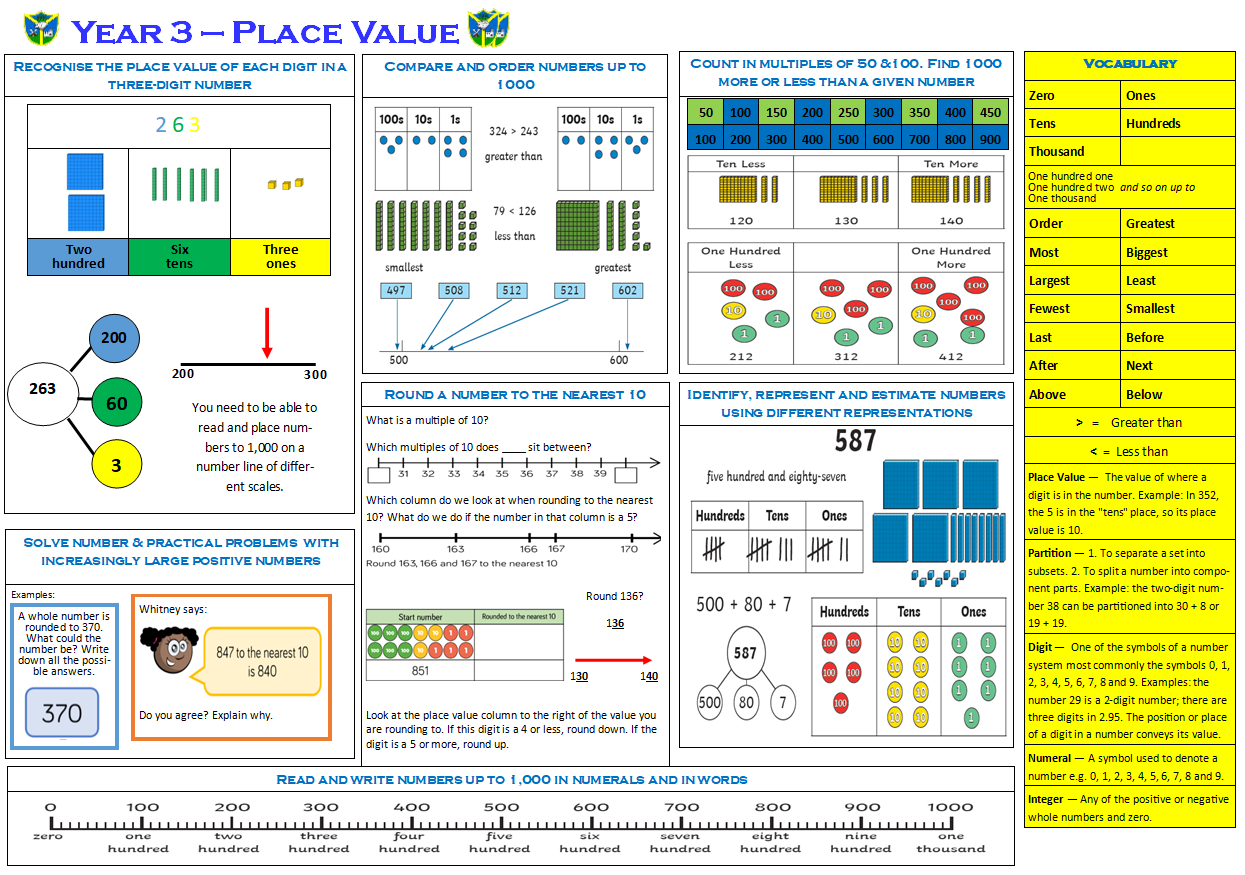
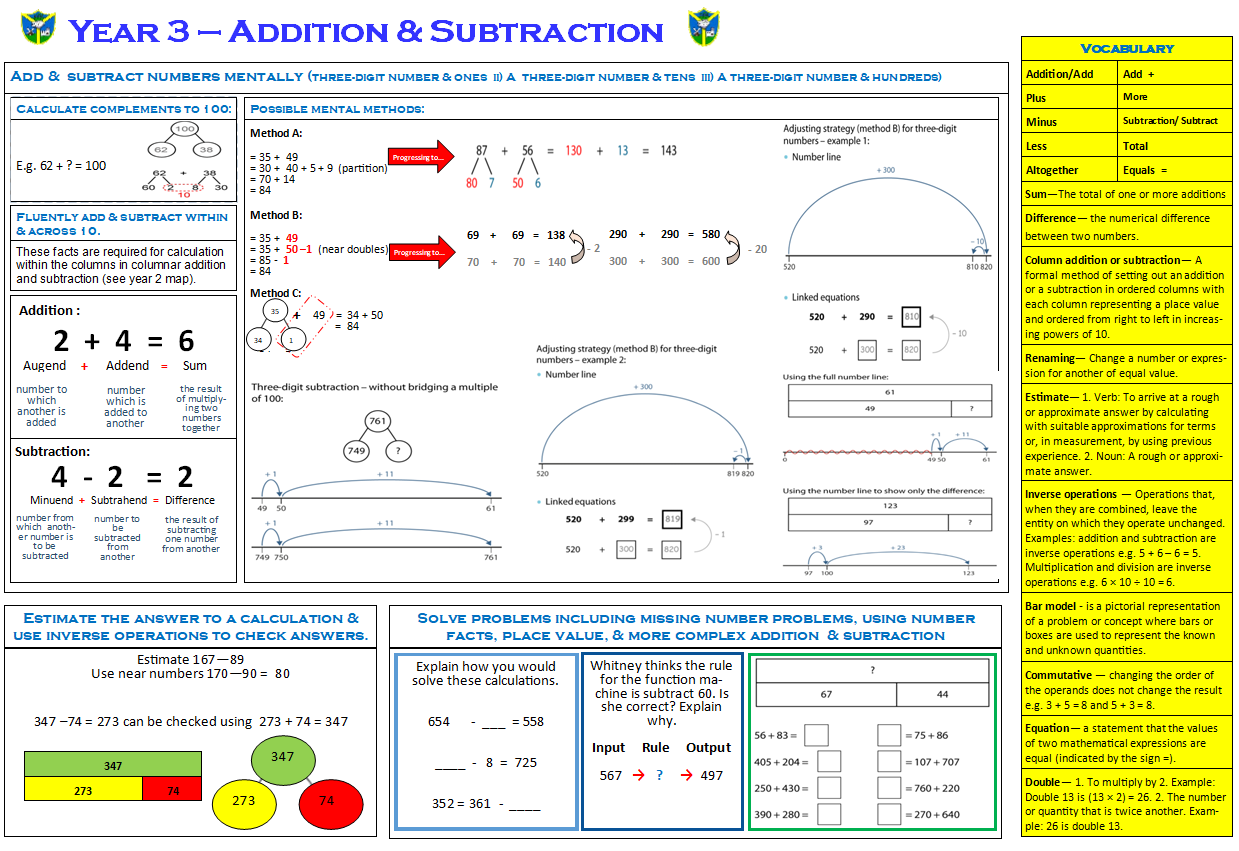
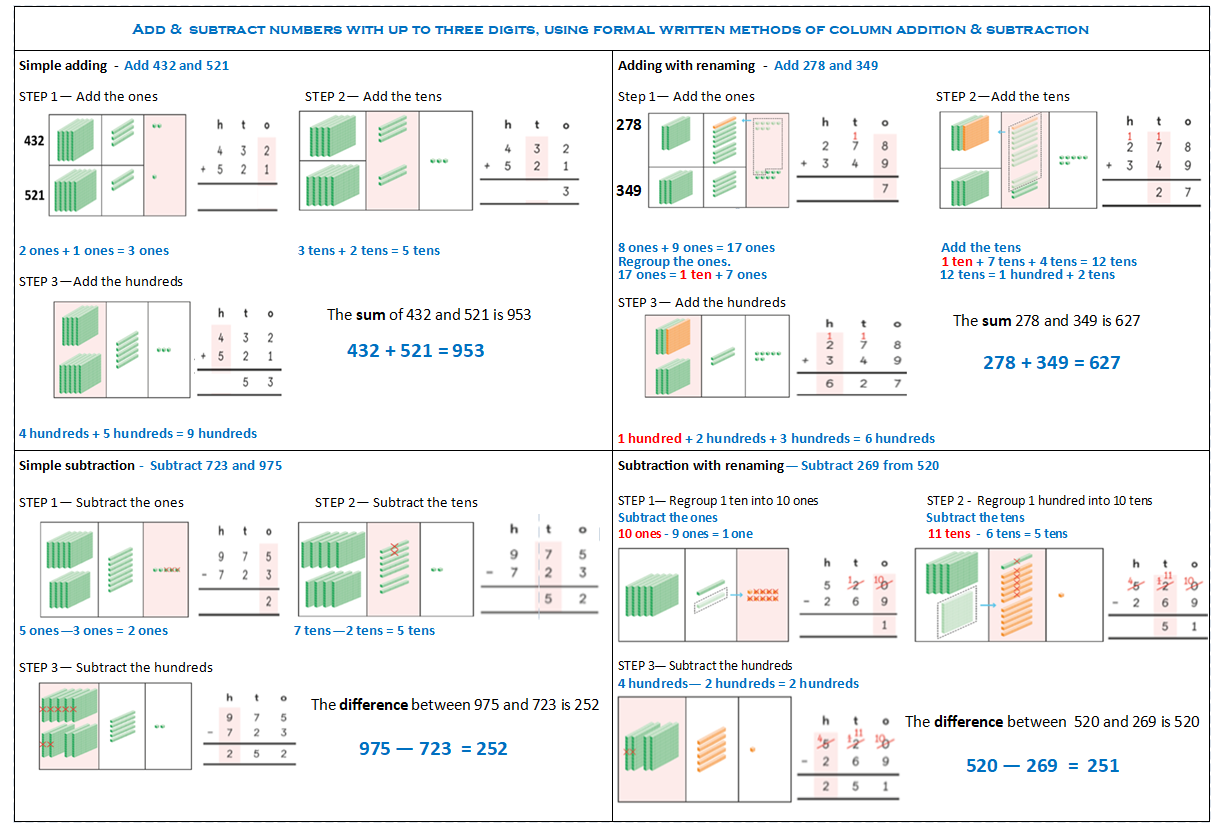
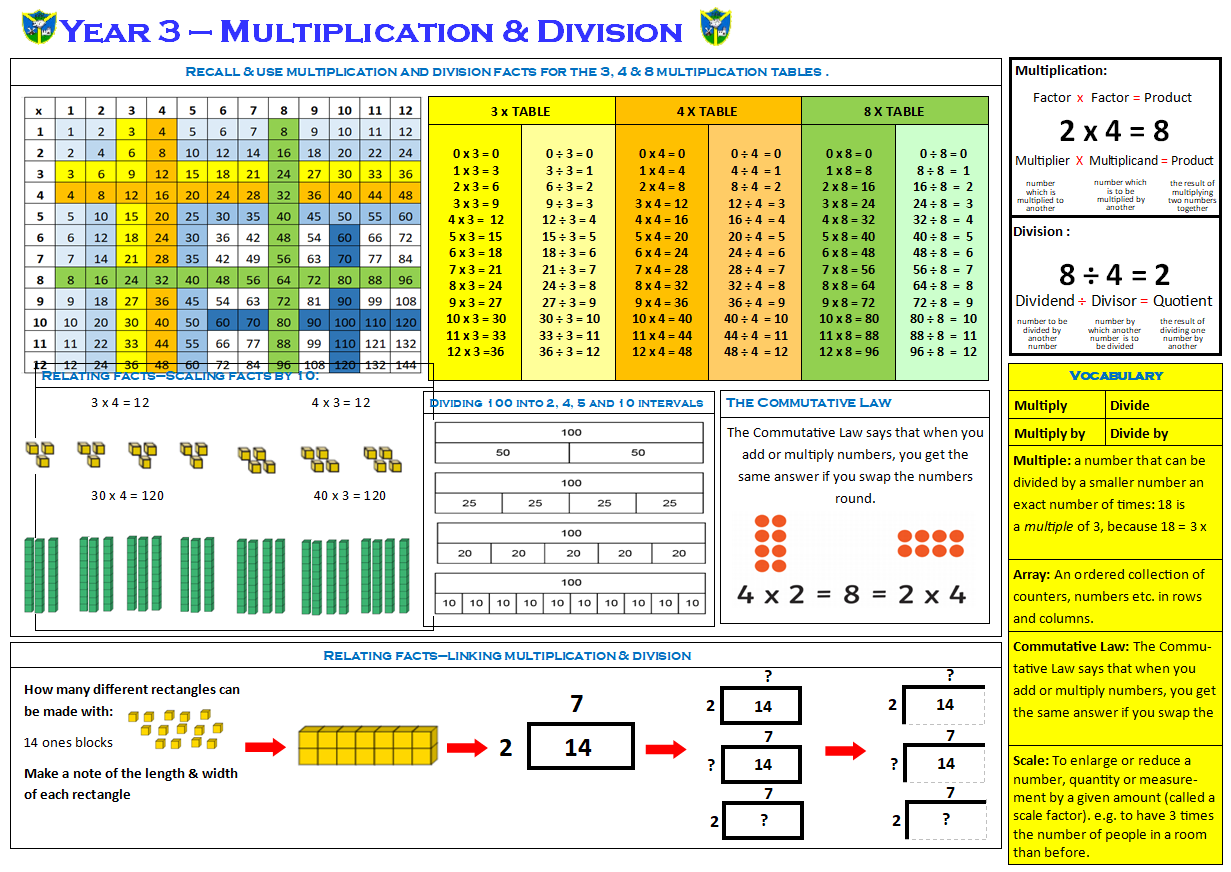
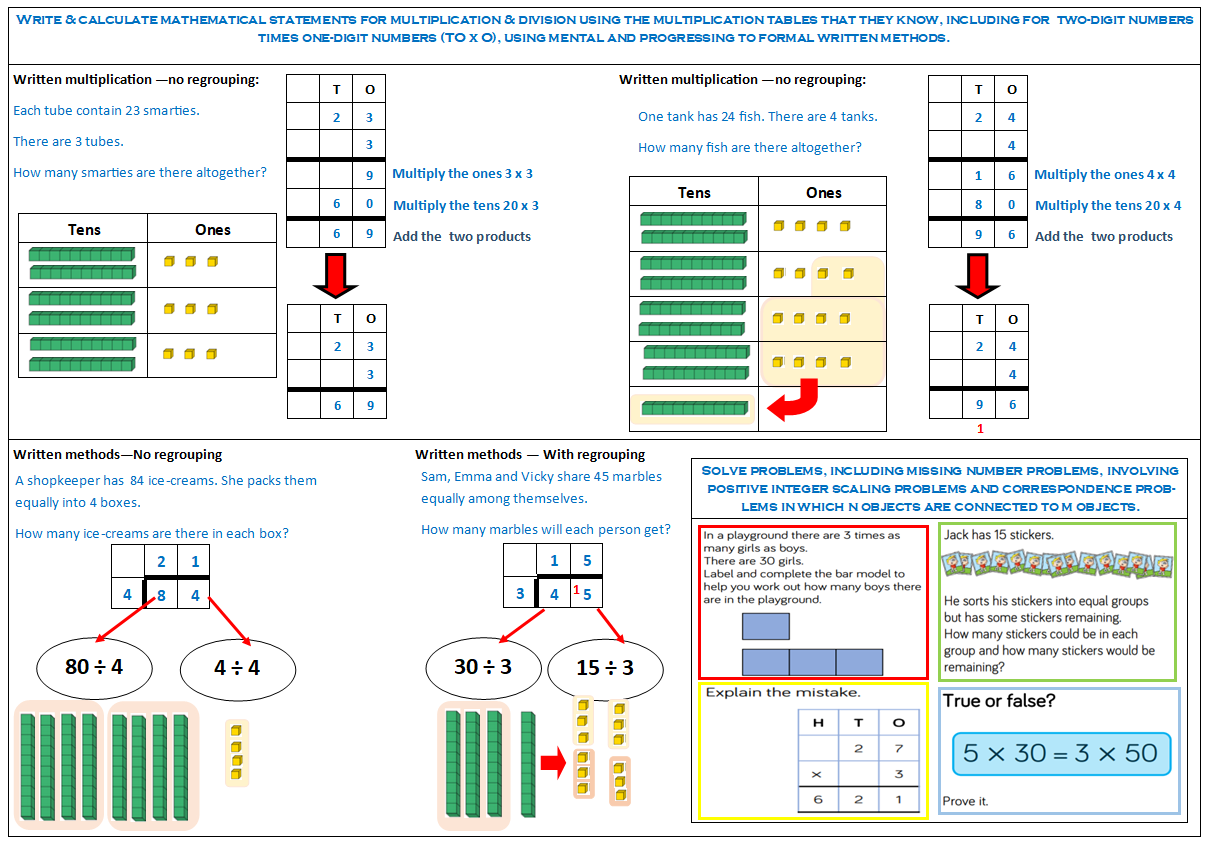
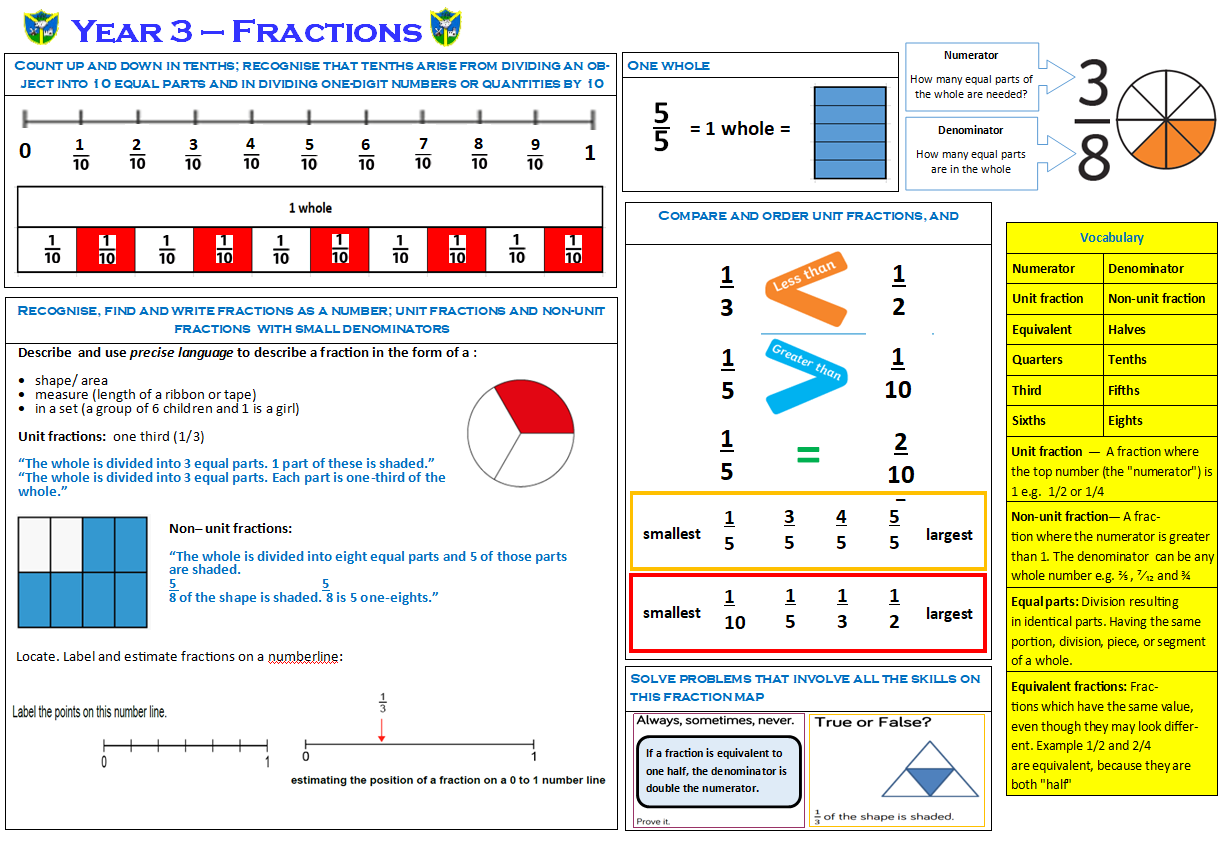
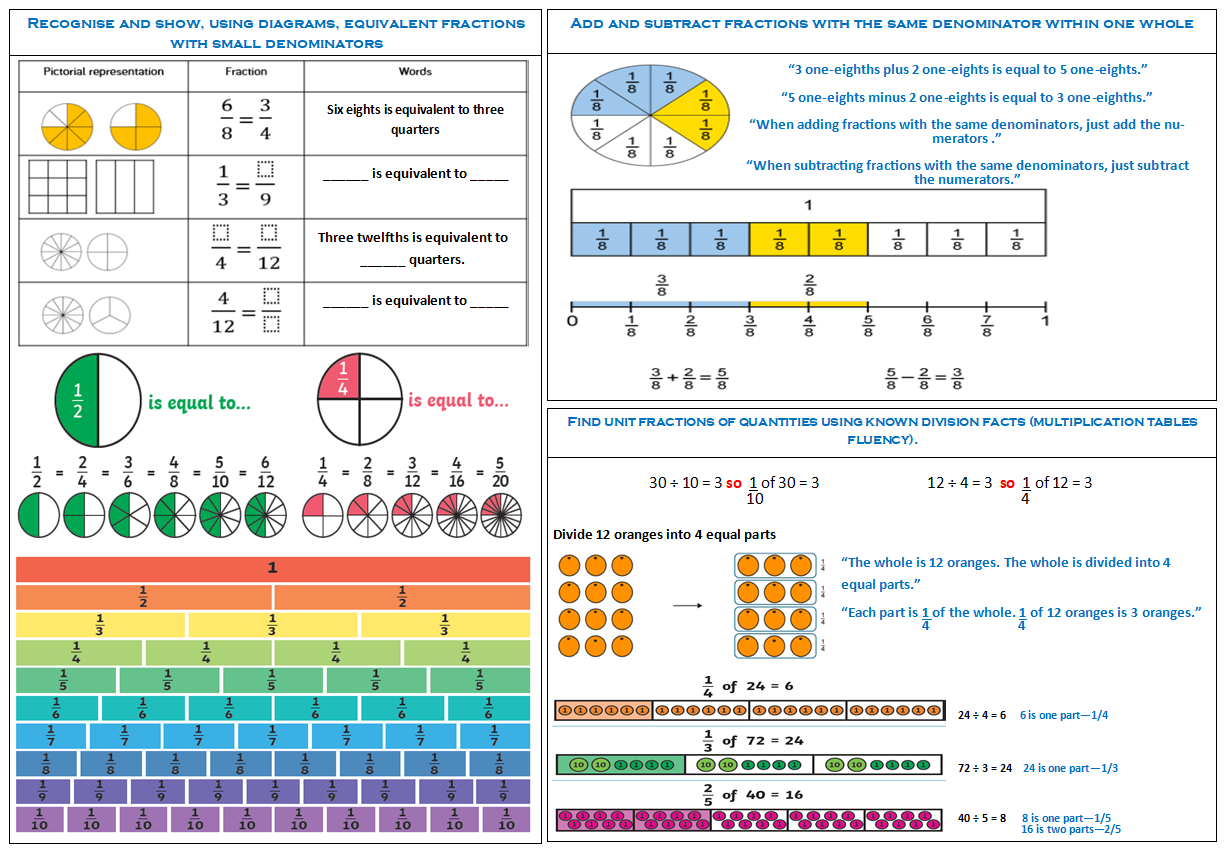
Year 4
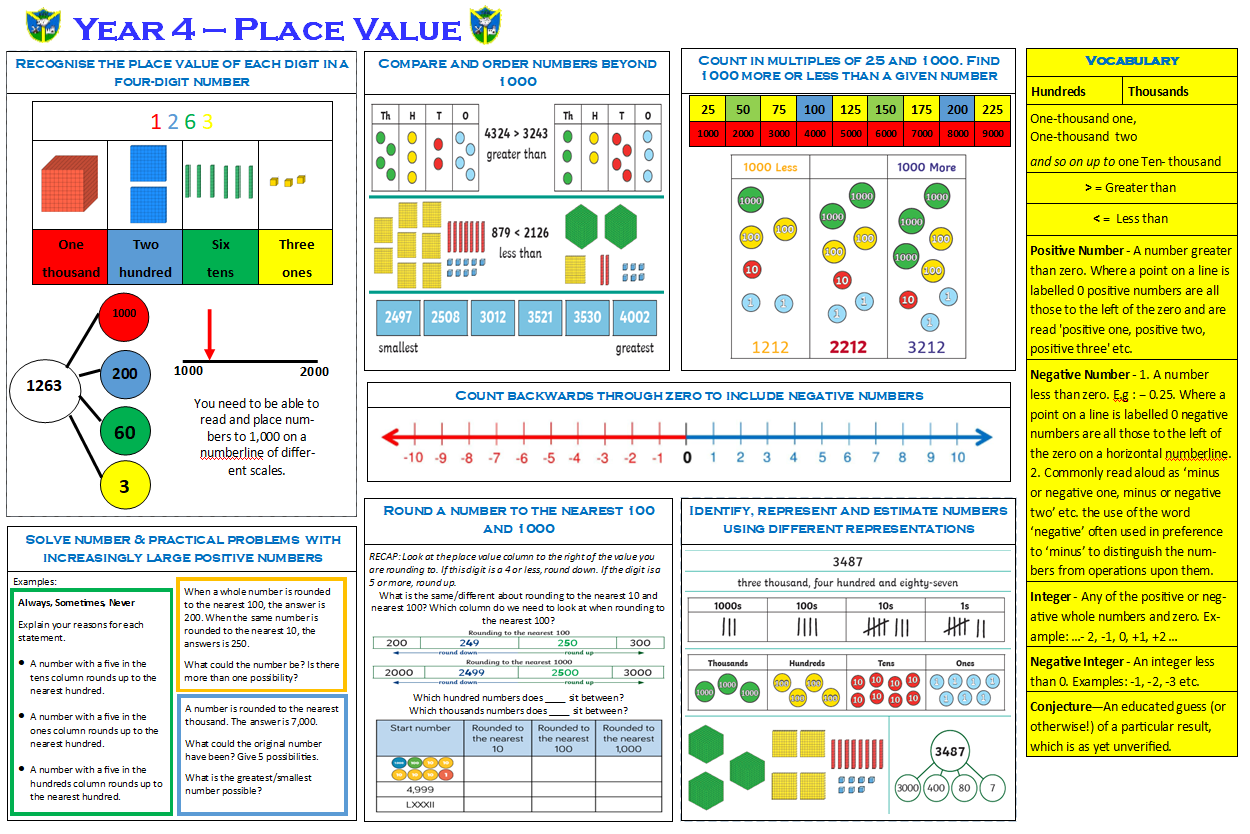
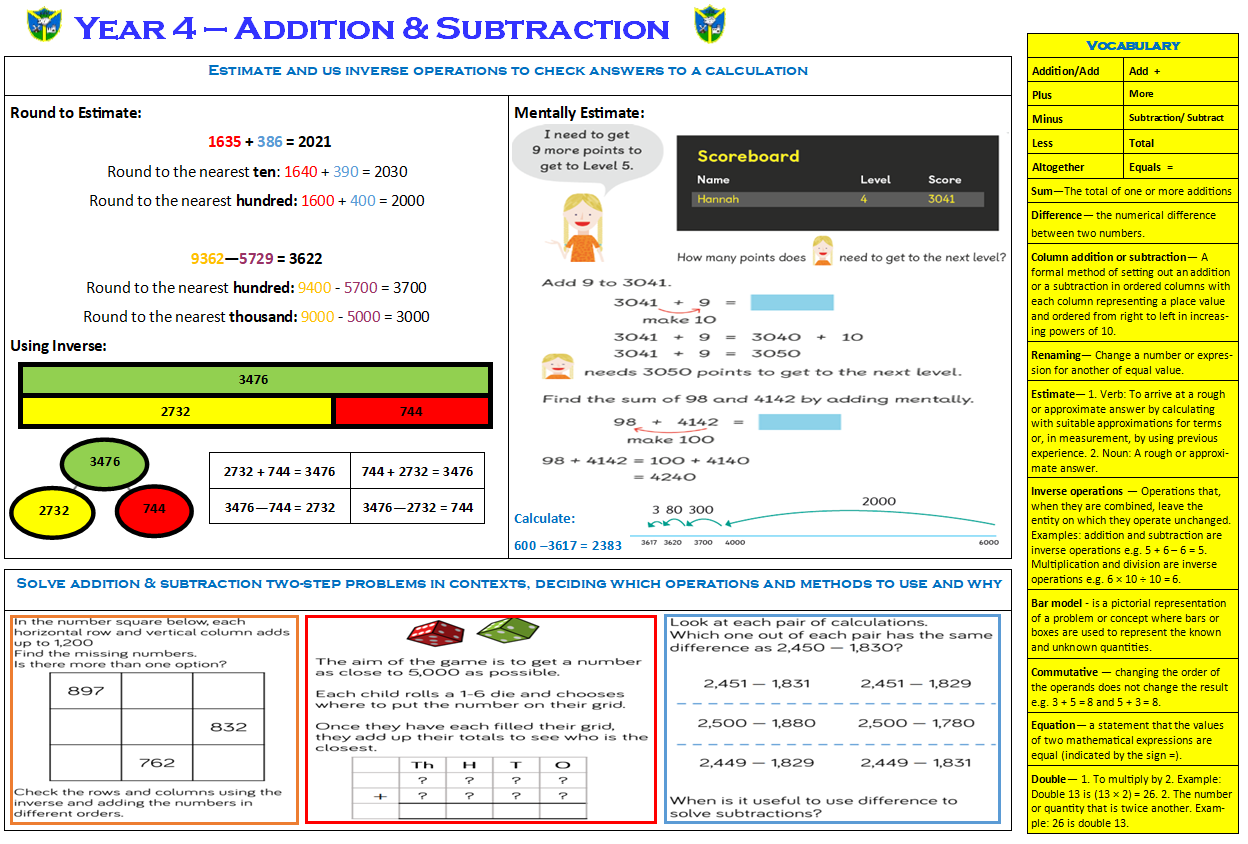
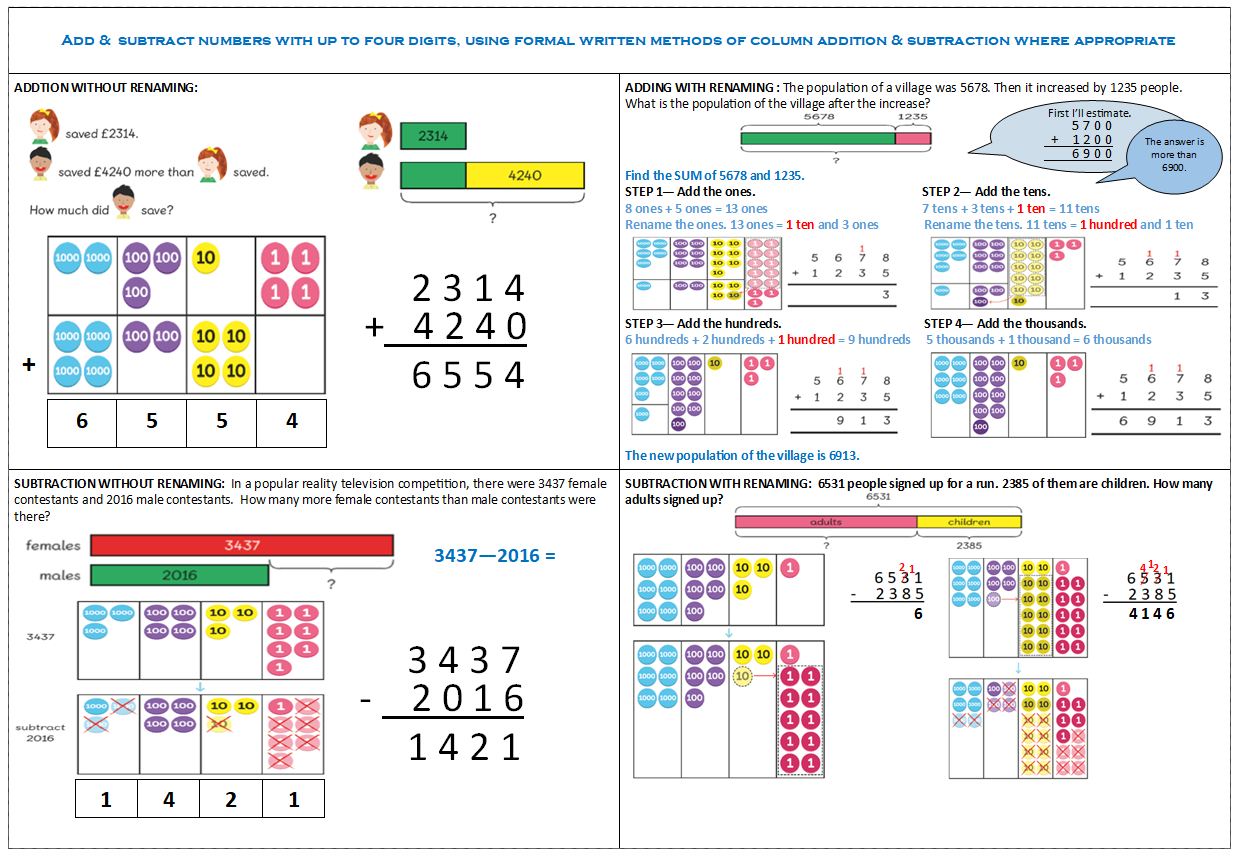
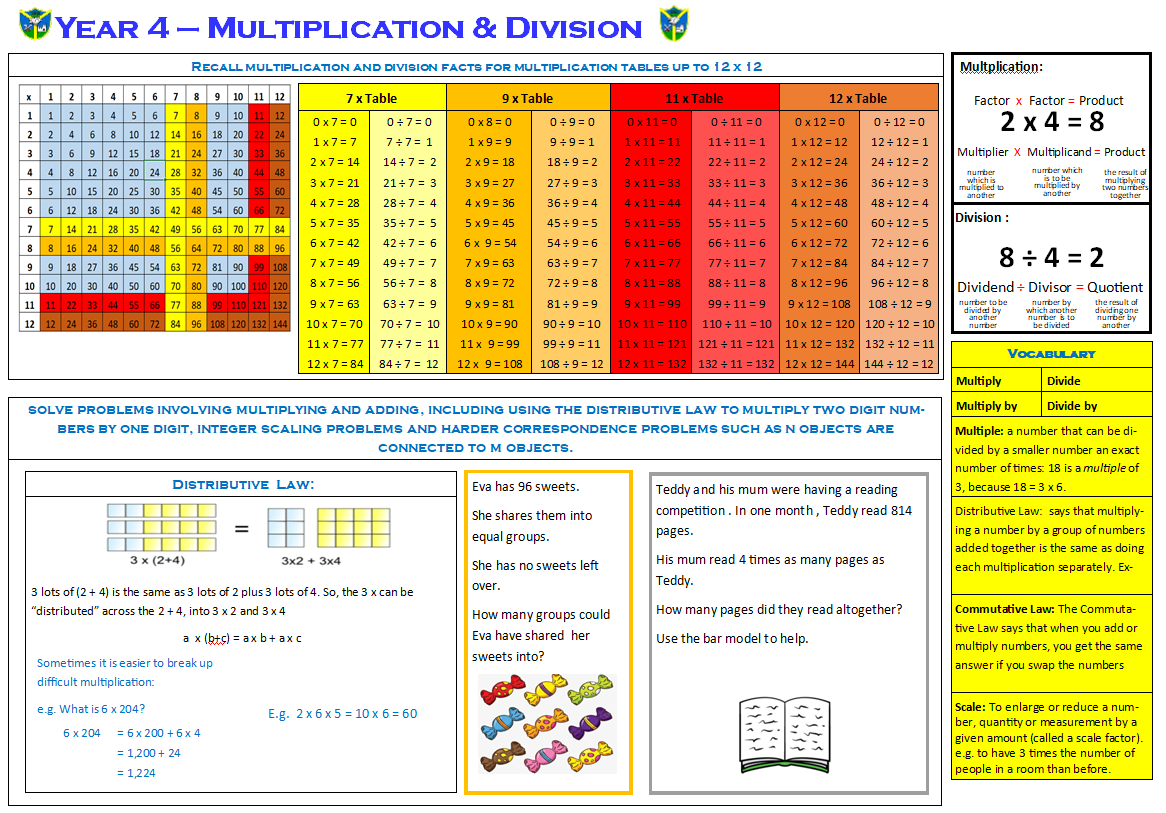
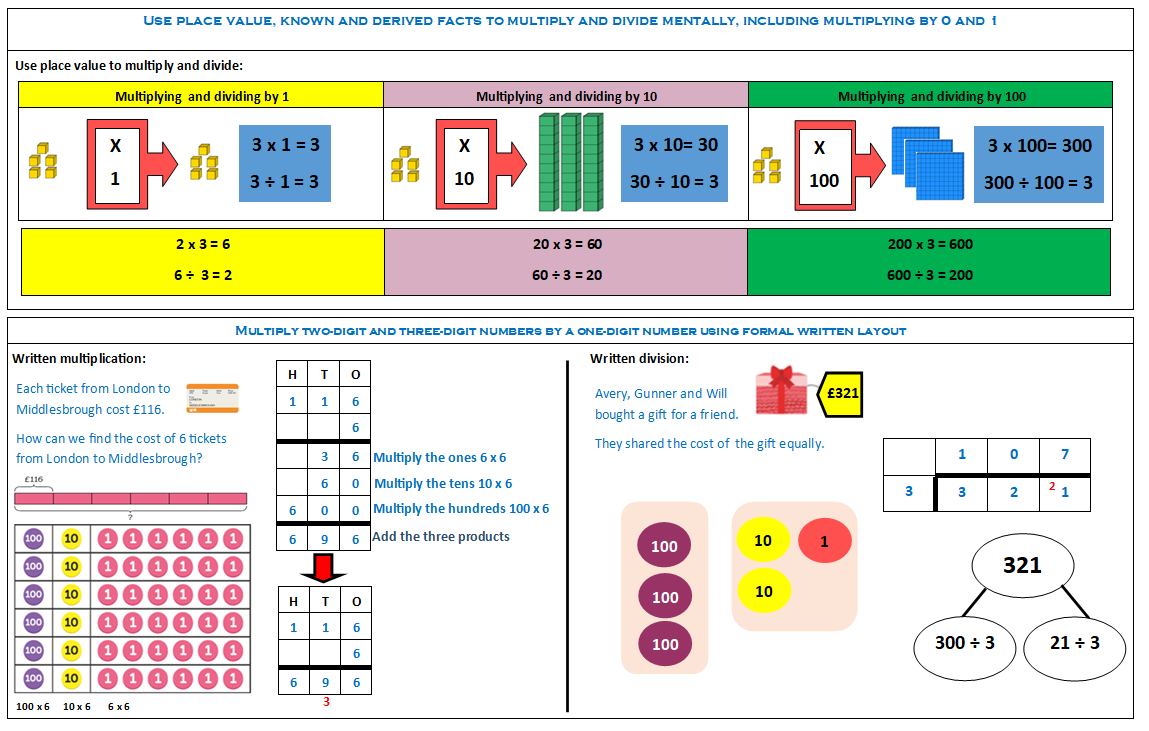
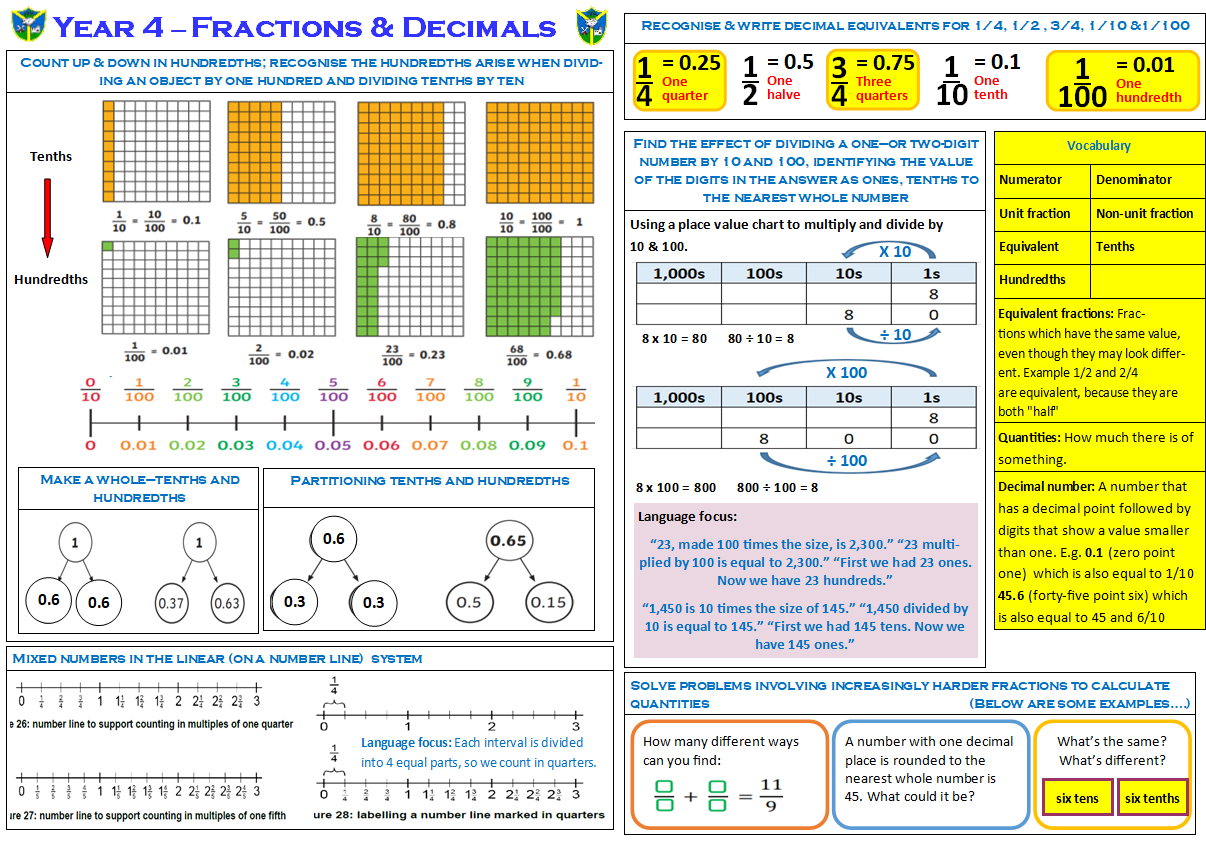
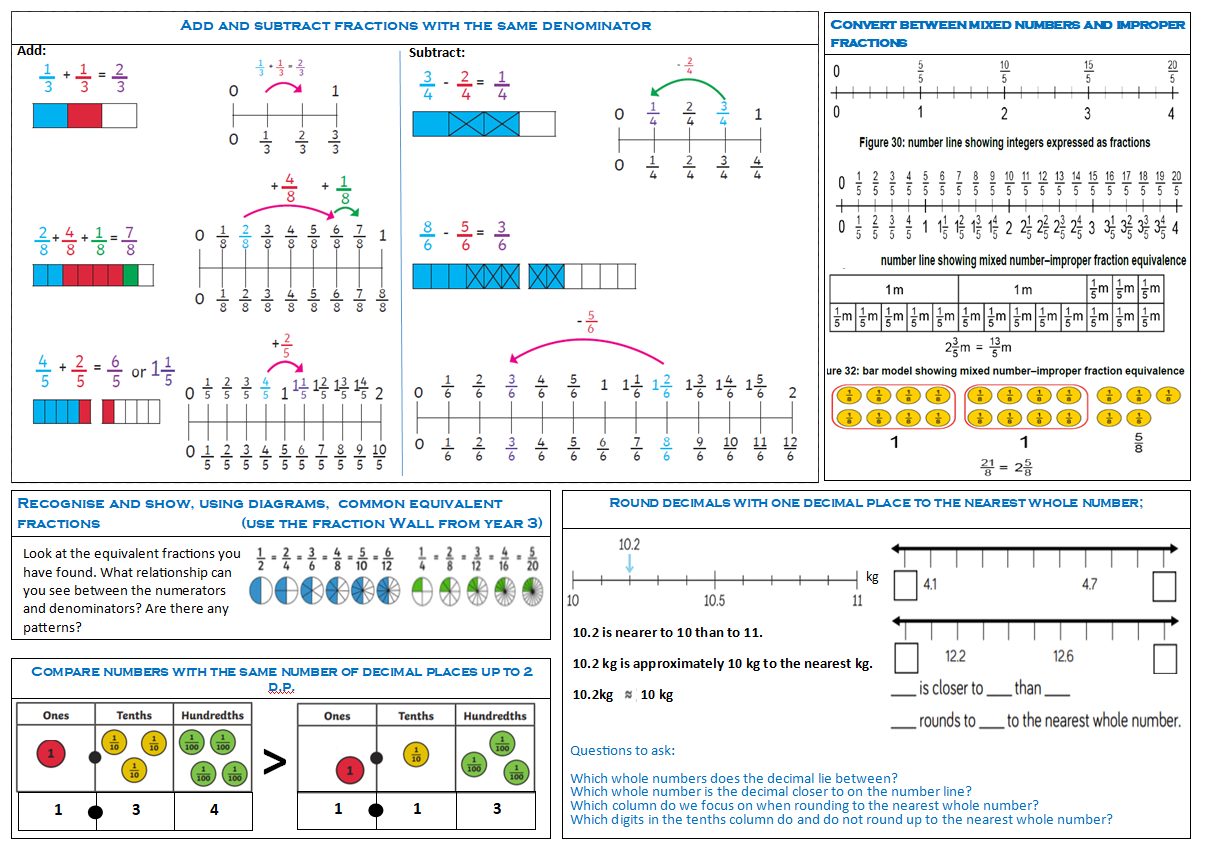
Year 5
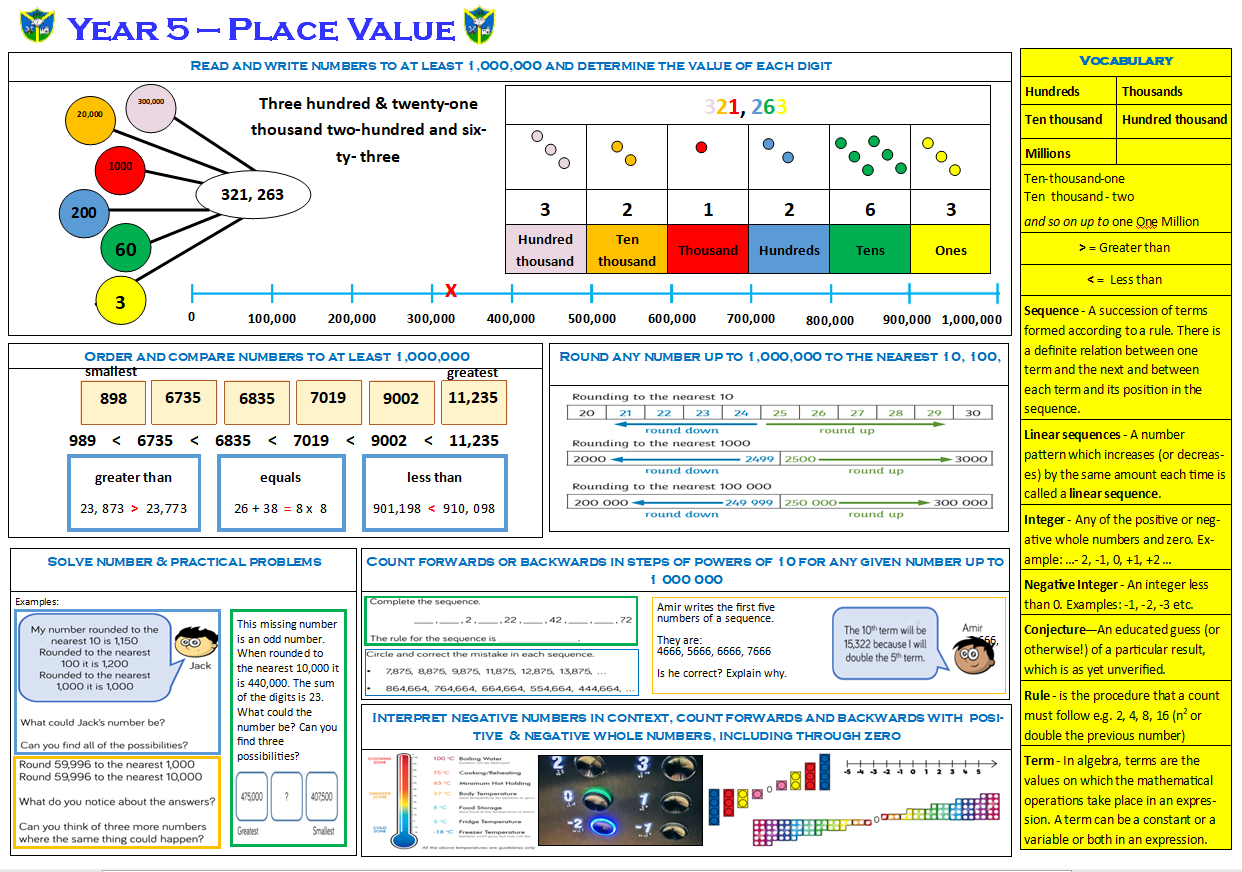
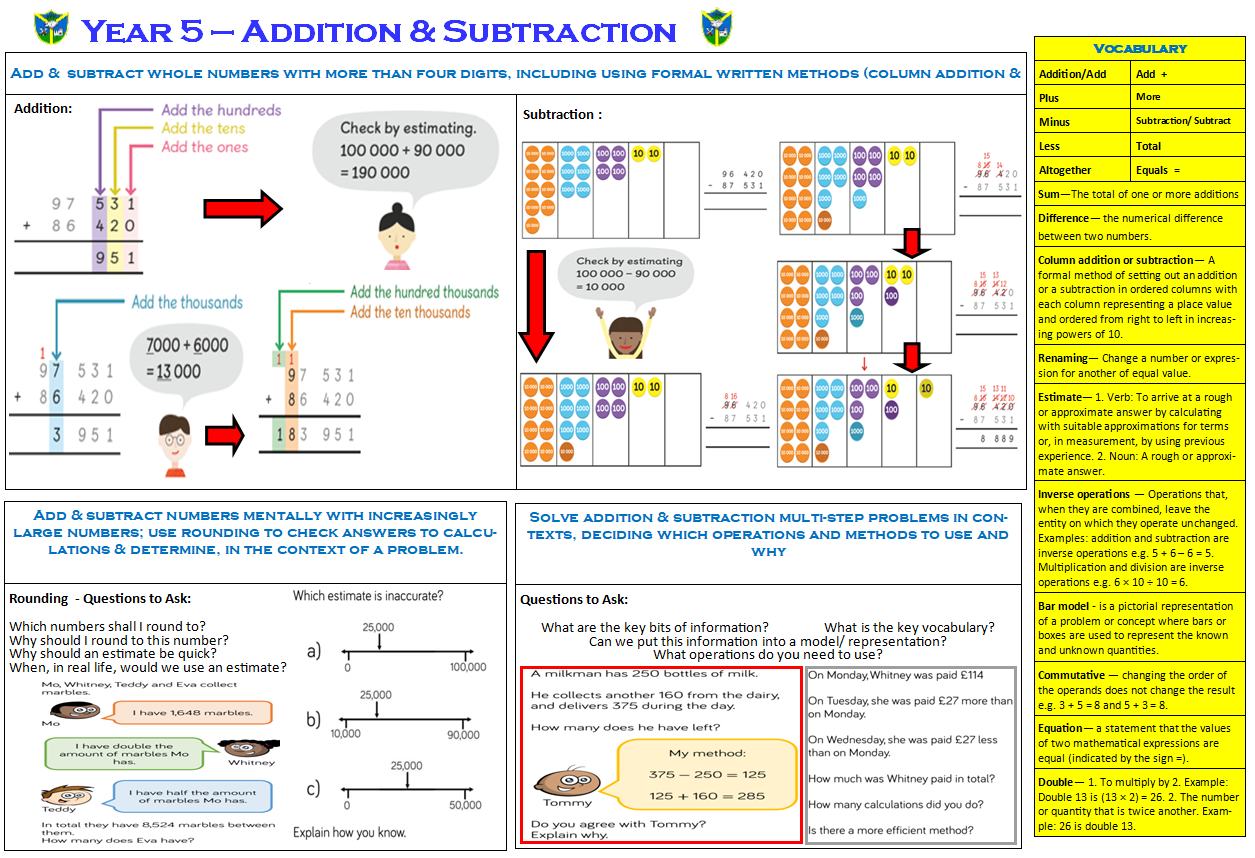
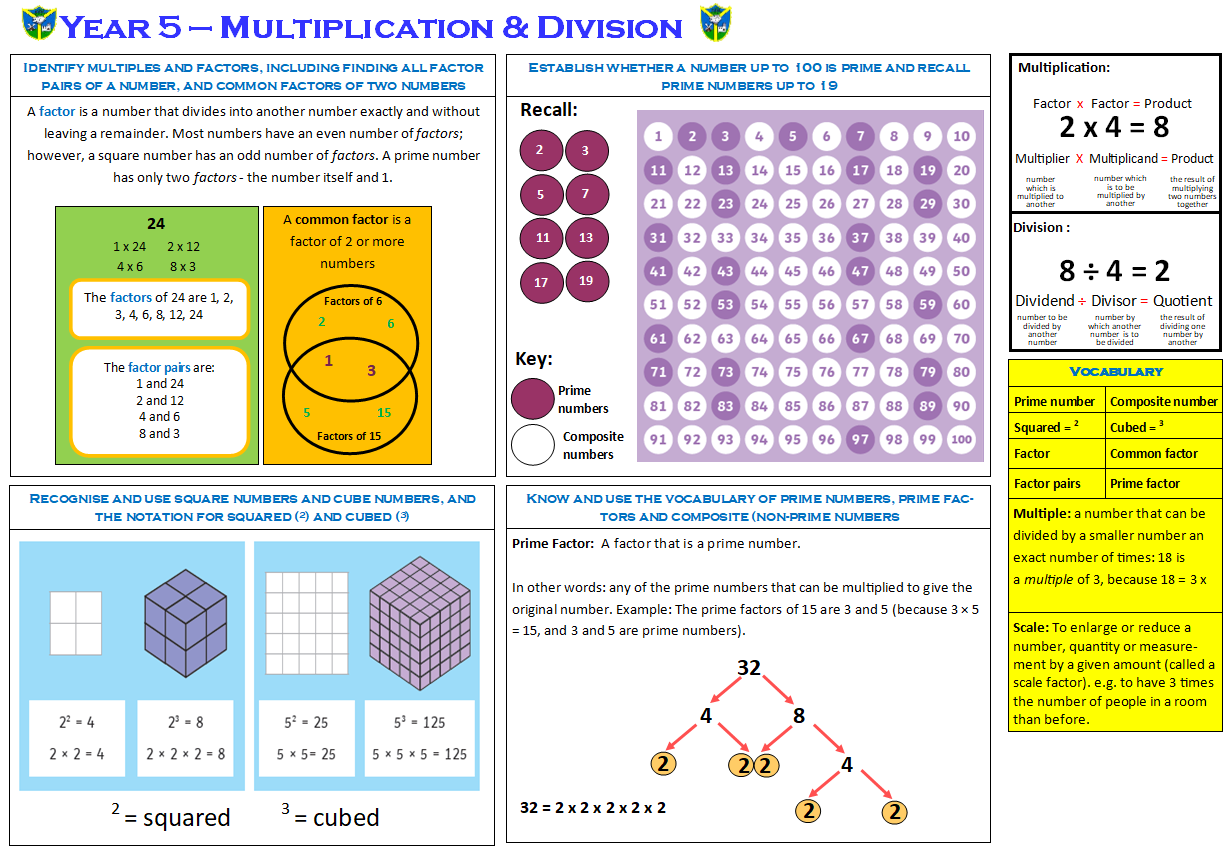
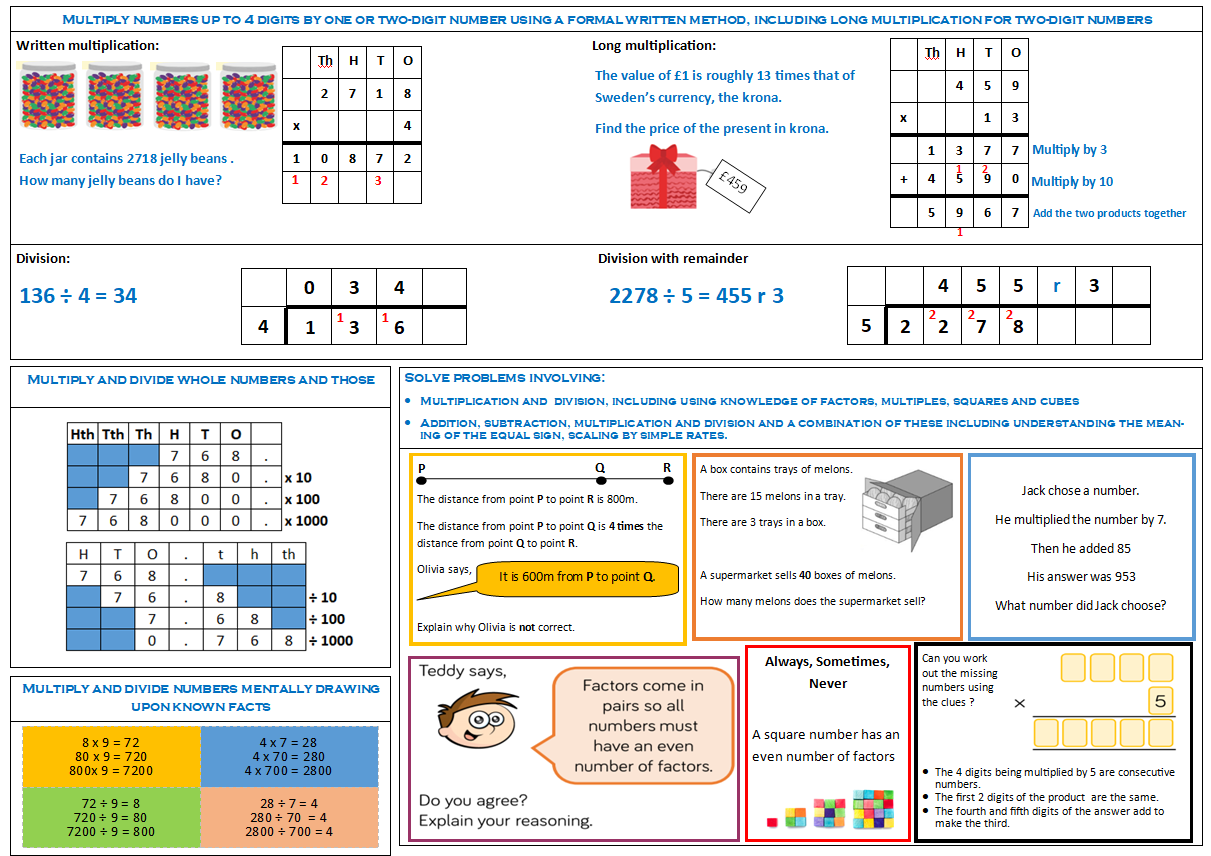
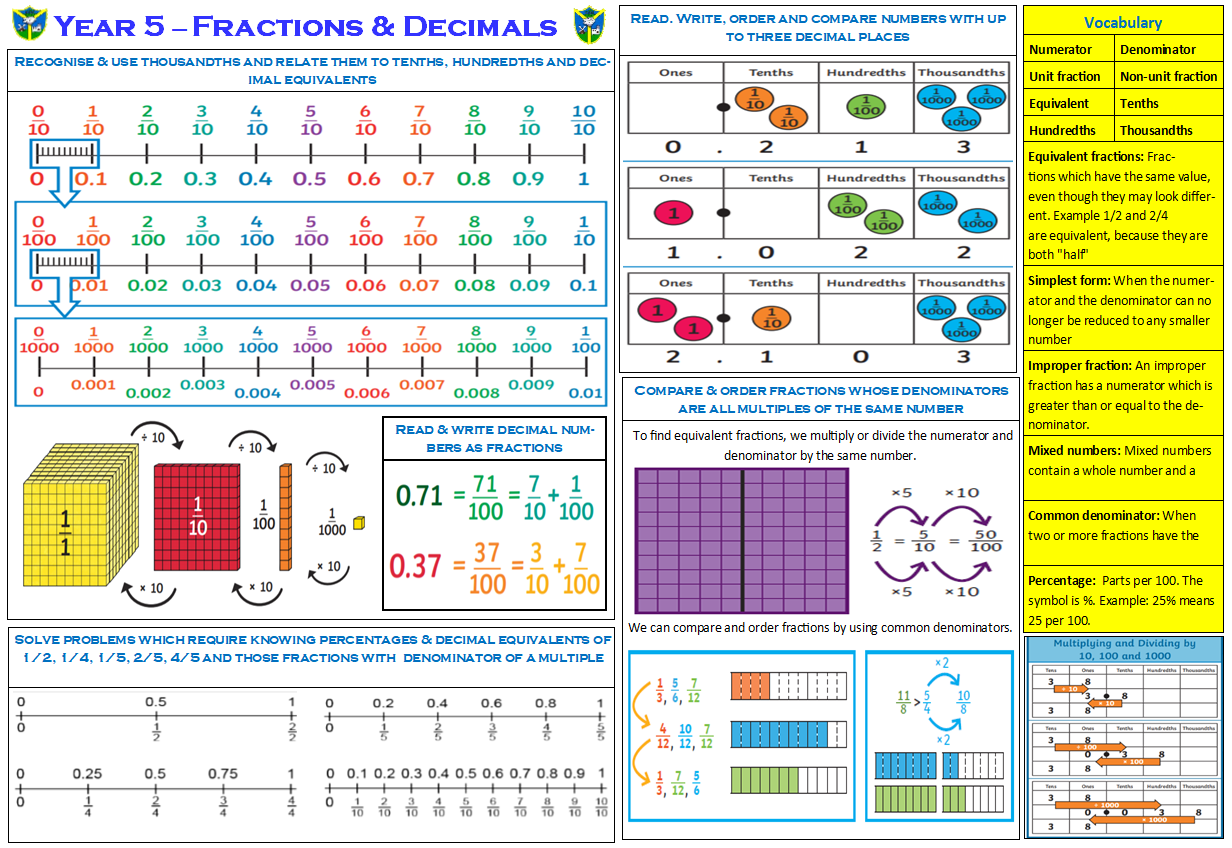
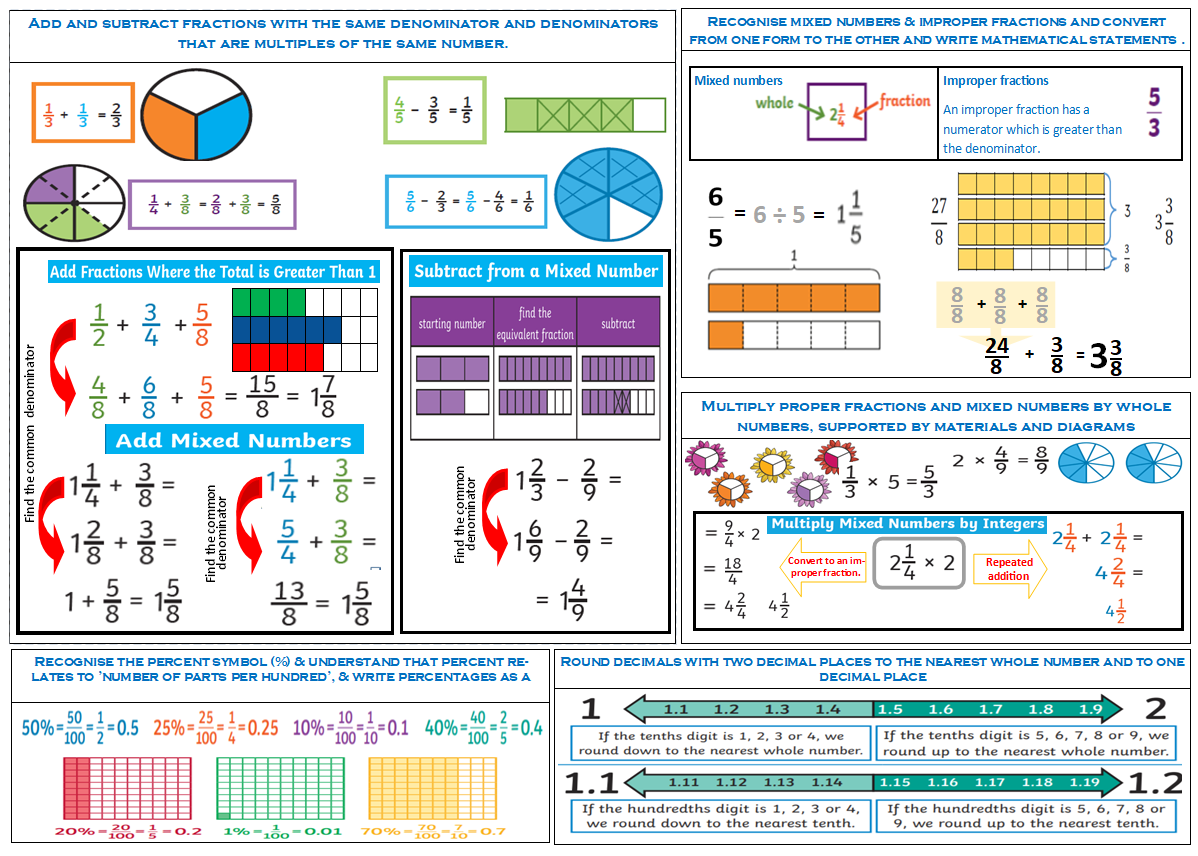
Year 6
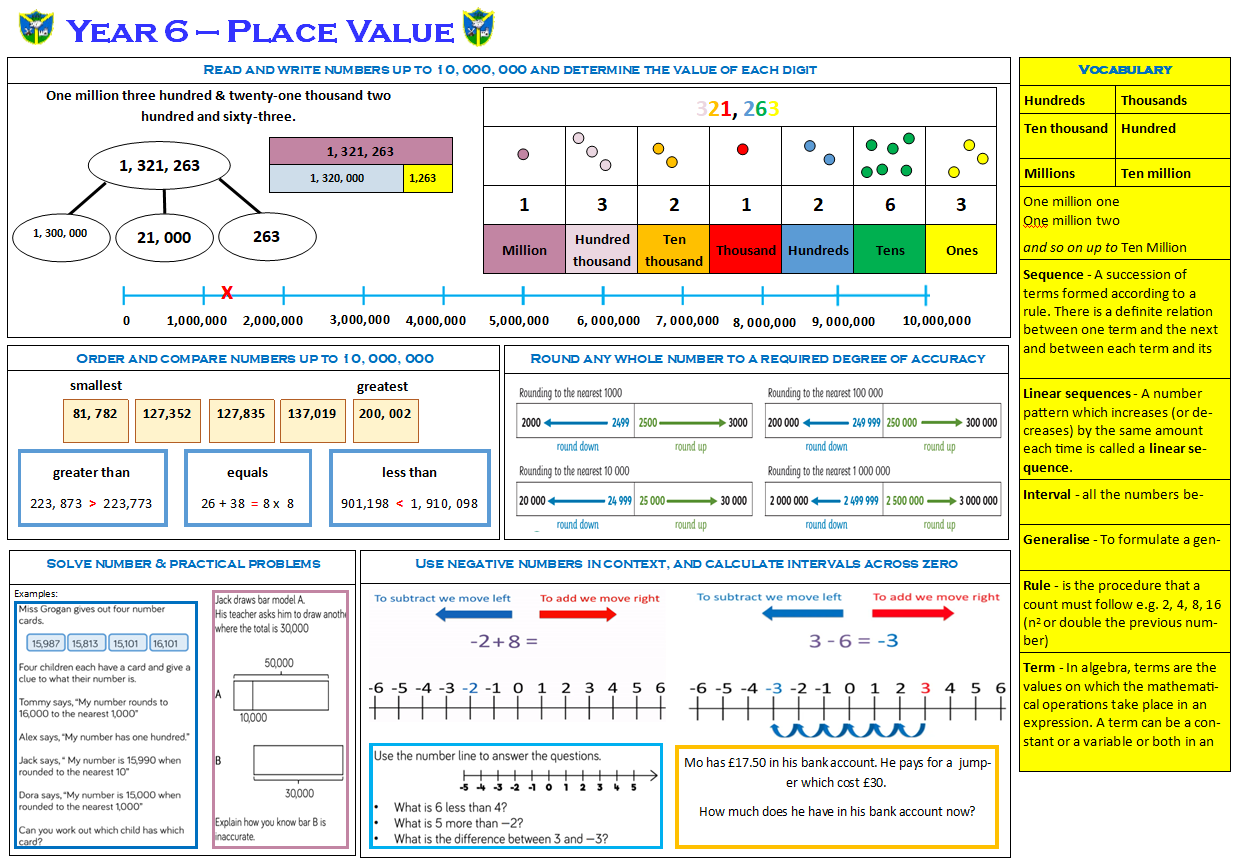
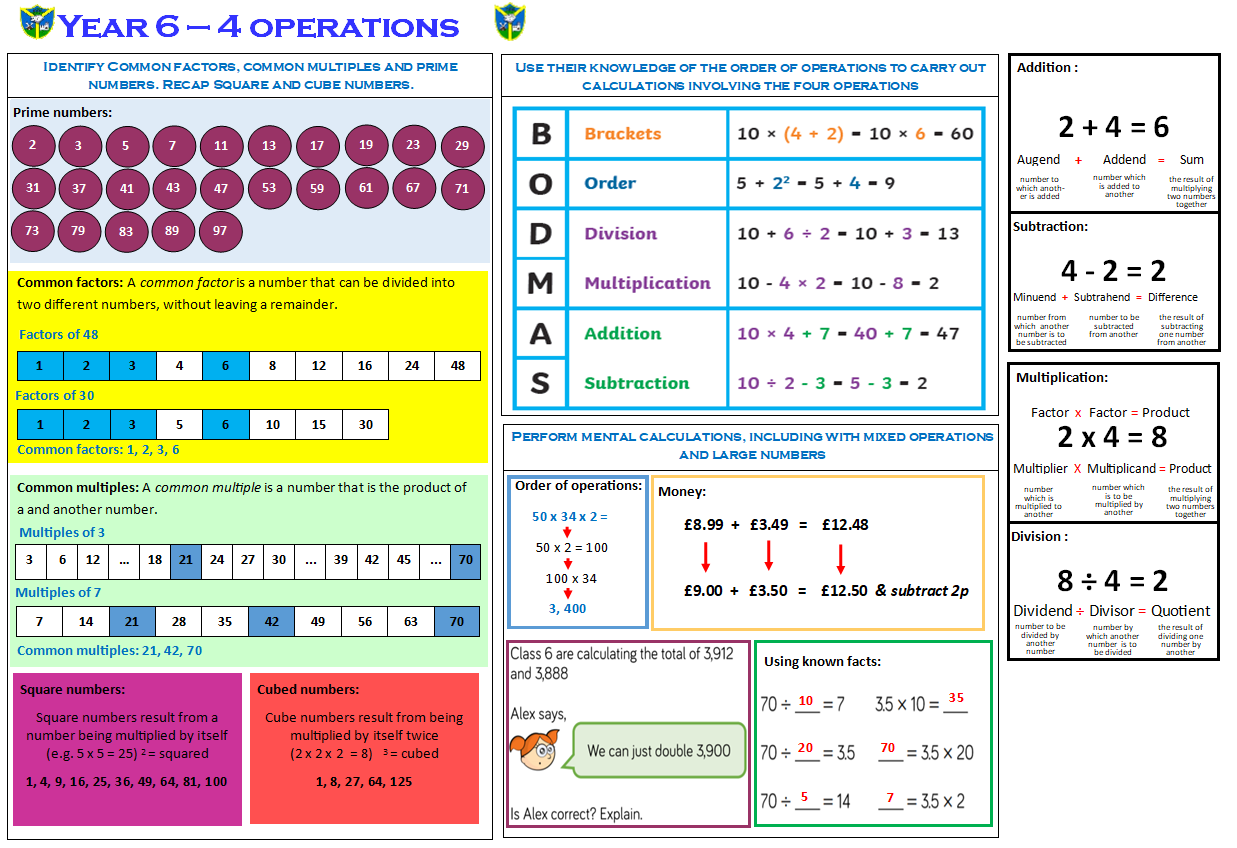
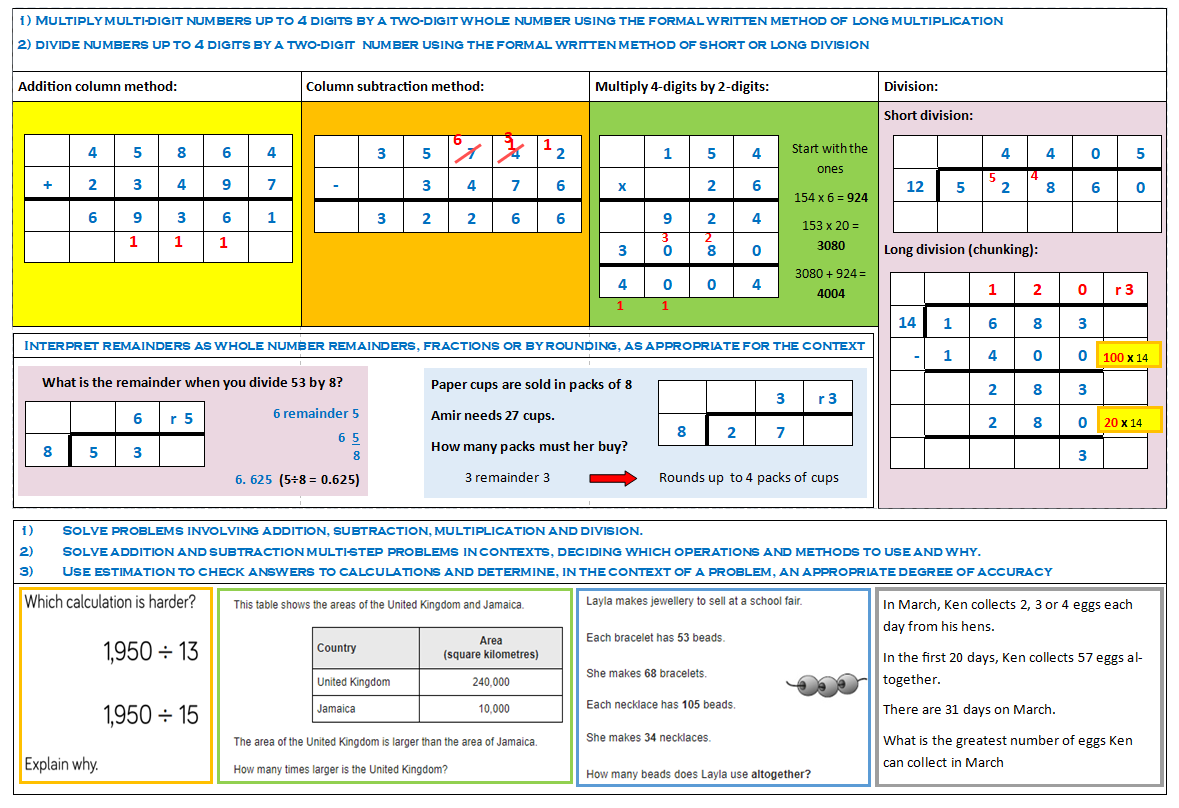
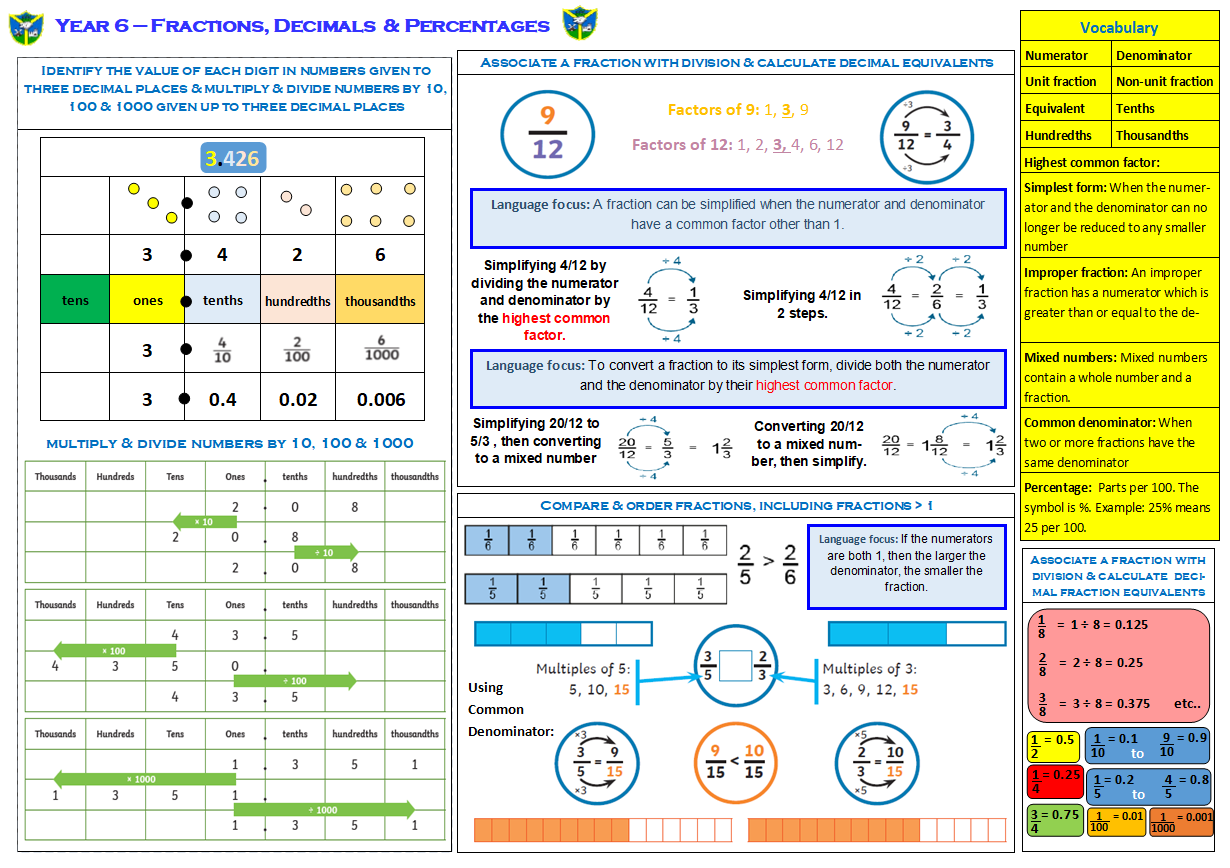
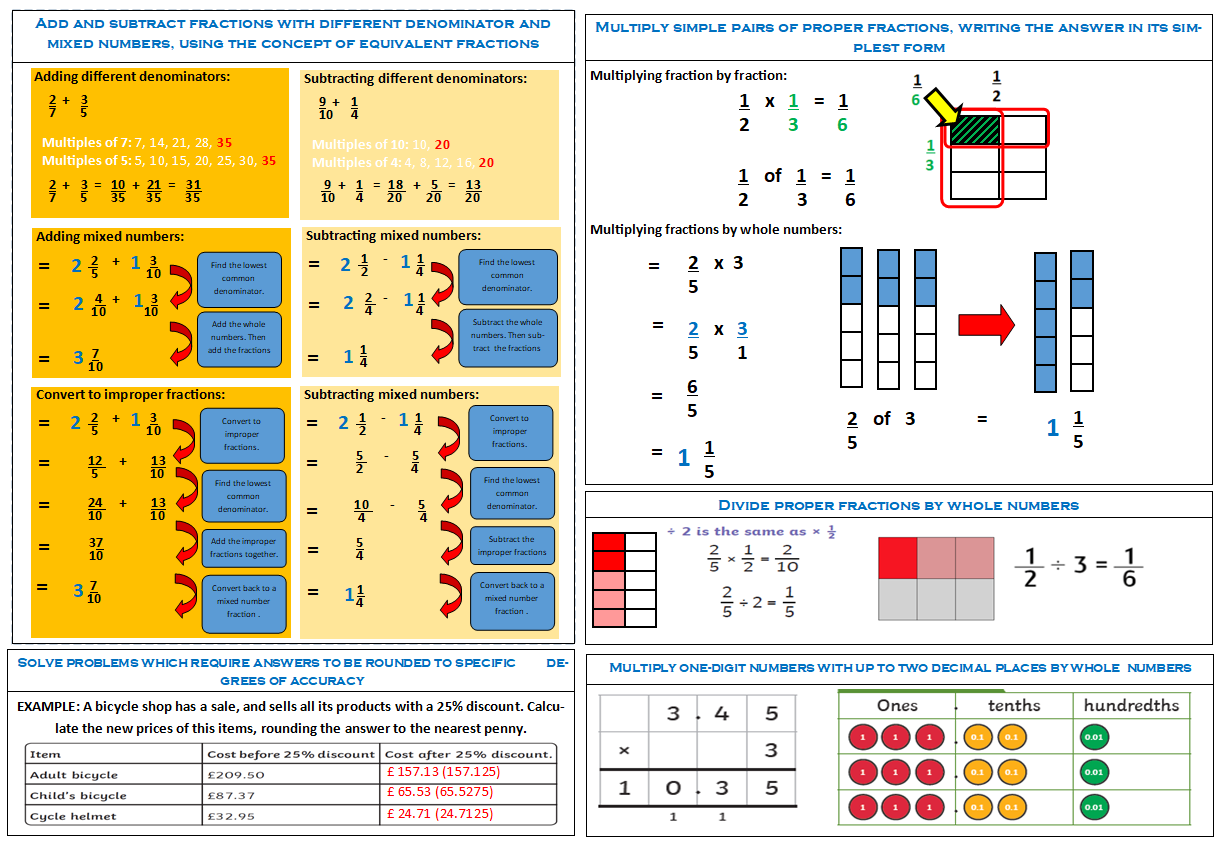
Learning Multiplication Facts

The expectation is that all pupils should know their multiplication tables by the time they leave Year 4. From 2022, all Year 4 pupils will have to sit a national multiplication test. This will be carried out in school in our computer suite.
To help with the learning of these facts at home, each pupil will receive a TTRS login while they are at Barwell Academy. This programme provides a platform in which children can practice their multiplication facts. We also practice our times tables daily at school.
Please contact your class teachers for login details.
Once a pupil understands the commutative law, these are the multiplication facts pupils need to know.
Useful webpages/games to help pupils learn their multiplication tables:
Inclusion in Mathematics
We do not want to put a ceiling on our children’s learning. It is imperative that all children, especially those with special education needs or disabilities, access an ambitious, broad, challenging and inspiring curriculum. It should not be narrowed nor should the default position be to expect children not to be able to achieve. High expectations of all of our children are at the heart of our vision and this of course includes all children and all areas of the curriculum.
Pre-Key Stage Expectations
